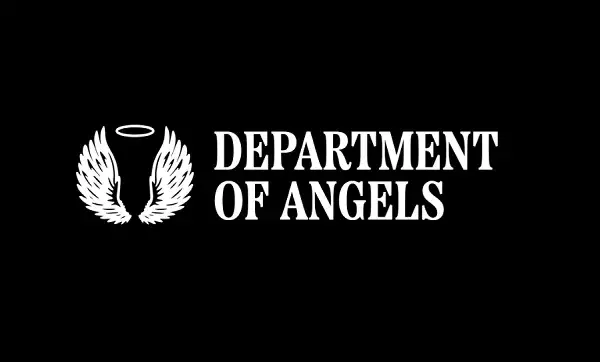The recent wildfires in California, particularly those ravaging Los Angeles, have left a profound impact not only on the environment but also on the social fabric of the community. In an impressive demonstration of social responsibility, Snap Inc.—under the leadership of founder Evan Spiegel—has stepped forward to assist in recovery efforts. Following the fires, Spiegel penned a heartfelt letter emphasizing the urgent need for collective action within the community. He announced an initial commitment of $5 million to help Los Angeles regain its footing after the disaster, signaling a commitment not just to his childhood home, but to community resilience as a whole.
The subsequent addition of a remarkable $10 million donation to the initiative dubbed “The Department of Angels” marks a pivotal step in supporting those severely affected by the flames. This initiative is a response to an urgent plea derived from hundreds of consultations with community members and disaster recovery specialists. By prioritizing local voices, the Department of Angels aims to empower residents rather than impose external narratives about recovery. This grassroots model acknowledges that sustainable recovery is often dependent on the ability of those impacted to lead and shape their own recovery pathways.
One of the distinguishing features of The Department of Angels is its commitment to inclusivity and cooperation. Unlike traditional disaster response efforts that often overlook the rightful place of residents in recovery discussions, this initiative seeks to incorporate their insights and needs right from the inception. By providing access to independent resources and project management assistance, the initiative expects to embolden community members to take charge of the recovery processes. Such an approach fosters not only a sense of ownership but also encourages collaborative planning aimed at rebuilding stronger and more resilient neighborhoods.
It is crucial to understand that while The Department of Angels benefits from an initial infusion of cash from Snap’s founders, it operates independently of the corporation itself. The emphasis here is on revitalizing the community without the bureaucratic constraints often tied to government-led initiatives. This non-affiliation is further reinforced by the fact that the organization is distinctly community-run, devoid of government entanglements, and structured to prioritize the needs and desires of those it aims to serve.
Snapchat’s Connection to the Cause
Notably, the flames did not just devastate open land but also had a personal impact on Snap’s origins. Spiegel’s father’s home, which served as the initial headquarters for Snapchat, was lost in the fires, underscoring Snap’s emotional and ethical obligation to contribute to recovery efforts. Furthermore, with over 150 employees directly affected by this catastrophe, it is evident that the fires struck at the heart of Snapchat’s workforce, amplifying their need to contribute to community healing.
As Snap Inc. formally involves itself in these recovery efforts, it sends a powerful message about corporate responsibility and community engagement. While advertising through Snapchat may indirectly help, it is the active participation and genuine investment in local needs that will render a lasting impact. Through initiatives like The Department of Angels, the focus on community-driven recovery sets a promising precedent for how organizations can collaborate with residents in rebuilding after disaster strikes. Together, they can foster a more resilient and vibrant Los Angeles—one that can withstand future challenges.


Leave a Reply